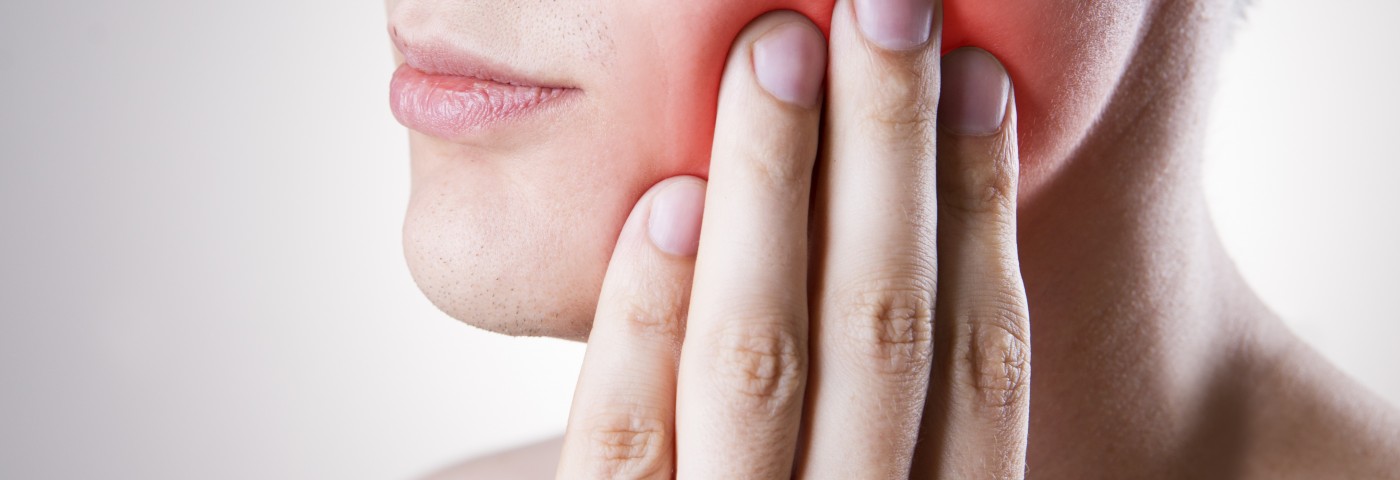While it has been known that periodontal disease is linked to disease exacerbations in chronic obstructive pulmonary disease (COPD), the association has not been investigated in patients with bronchiectasis. A clinical trial is in early stages to explore the relationship in this patient group.
The description of the trial, “Assessment of the quantity of microorganisms associated with bronchiectasis in saliva, sputum and nasal lavage after periodontal treatment: a study protocol of a randomised controlled trial,“ was published in the journal BMJ Open.
Periodontal disease is an inflammatory condition of the gums caused by bacterial infection. Researchers believe that aspiration of pathogens may cause exacerbations in lung diseases such as pneumonia, asthma, and COPD.
In periodontal disease, antibiotics are not considered to be a primary treatment option. In contrast, bronchiectasis patients are often treated with antibiotics, selecting resistant bacterial strains in the whole body.
To investigate a possible link between periodontal disease and bronchiectasis, researchers at the Nove de Julho University in São Paulo, Brazil, have set up a clinical trial and plan to enroll 182 patients with bronchiectasis who also suffer from chronic periodontitis at one treatment center in Brazil.
The study will explore the amount of three specific bacterial species in sputum, saliva, and nasal lavage — Pseudomonas aeruginosa, Staphylococcus aureus, and Porphyromonas gingivalis. P. aeruginosa is the most commonly isolated bacterium in lung infections, while S. aureus often gives rise to more complex infections. P. gingivitis is a common bacterium infecting the gums, but it has been found in lungs as well.
Researchers will explore bacterial counts at study start and after three months to evaluate if treatment alters bacterial composition. In addition, researchers will assess halitosis, or bad breath, and the presence of inflammatory signaling molecules, called cytokines, in the samples collected.
Study participants will be randomized to receive two different types of treatment: either a gold standard treatment (scaling and root planing combined with oral hygiene), or standard treatment with the addition of photodynamic therapy, which employs light to reduce bacteria and does not cause resistance. Patients included in the study will be followed for two years.
This clinical study will be the first to evaluate the association between oral health and lung disease in bronchiectasis patients, hoping to improve lung disease as a result.
The trial is not yet recruiting patients, but for more information, please visit this link.

